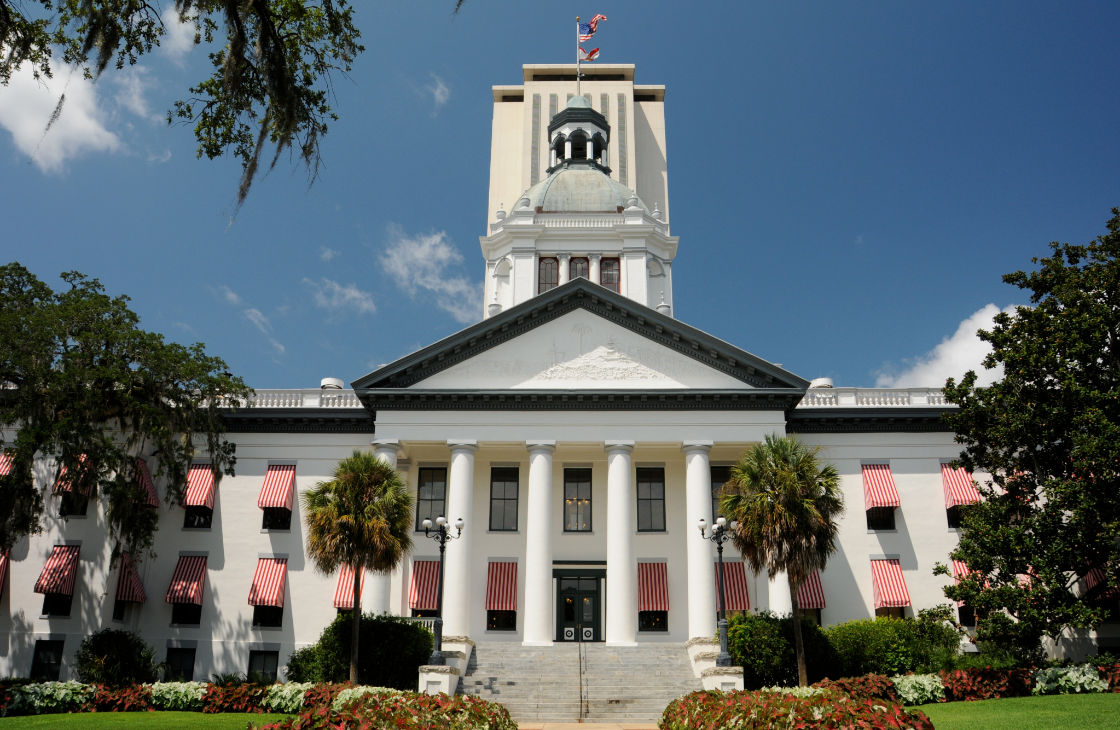
From free statewide COVID-19 testing sites for farmworkers to the opening of new coronavirus food assistance programs for livestock producers, here are some of the latest updates developments in food policy we have seen.
FDACS Announces No-cost COVID-19 Testing Events for Farmworkers in Some of Florida’s Top Agricultural Counties
The Florida Department of Agriculture and Consumer Services (FDACS) announced additional COVID-19 testing sites in Miami-Dade, Hendry, and St. Lucie County for farmworkers as the fall harvest season begins. The ongoing efforts to provide access to testing for farmworkers is part of a partnership with the University of Florida’s Institute of Food and Agricultural Sciences (UF/IFAS), the Florida Division of Emergency Management (FDEM), and local county governments.
More information can be found here.
Florida Gulf Coast and UF “Zoom-In” on COVID-19
A “team” of researchers from Florida Gulf Coast University’s Lutgert College of Business (FGCU/LCOB) and the University of Florida’s Institute of Food and Agricultural Sciences (UF/IFAS) will present the preliminary findings of their 6-month study of the challenges that the Coronavirus pandemic placed on Florida’s food producers and distributors.
These findings are the focus of FGCU’s 2nd Annual Agricultural Forum, an event hosted by the Center for Agribusiness within the Lutgert College of Business. The Forum will “kick-off” Farm-City Week – November 18-25.
FGCU’s 2020 AG Forum, scheduled on November 18, 2020 beginning at 8:30 a.m., will be conducted virtually as a ZOOM meeting and will summarize dozens of personal 1-hour interviews with key producers and distributors throughout Florida’s agribusiness supply chain.
More information can be found here.
Feeding America Releases Research on The Impact of Coronavirus on Food Insecurity
In this brief, initial projections of how food insecurity may increase in 2020 have been revised, using updated assumptions about projected unemployment and poverty rates. Combining analyses at the national, state, county, and congressional district levels, we show how the number of people who are food insecure in 2020 could rise to more than 50 million, including 17 million children.
More information can be found here.
Producers in Okaloosa and Walton counties are now eligible for USDA Farm Service Agency (FSA) Disaster Loans
The U.S. Department of Agriculture (USDA) designated Okaloosa and Walton counties as primary and Bay, Holmes, Santa Rosa, and Washington counties as secondary disaster areas. Producers in these counties are now eligible for USDA Farm Service Agency (FSA) disaster loans in addition to producers in Escambia and Santa Rosa counties who were previously eligible. Commissioner Nikki Fried is encouraging all eligible producers in need of financial assistance to apply immediately.
More information can be found here.
USDA Coronavirus Food Assistance Program 2 for Livestock Producers
What do beef cattle, buffalo and alpaca all have in common? They are all eligible for USDA’s Coronavirus Food Assistance Program 2 (CFAP 2). If you commercially raise animals for food, fur, fiber, or feathers, you may be eligible for assistance. Check to see if you raise eligible livestock through our Eligible Commodities Finder on farmers.gov/cfap. USDA’s Farm Service Agency will accept CFAP 2 applications through December 11, 2020.
Learn more at farmers.gov/cfap or call 877-508-8364 to speak directly with a USDA employee ready to offer assistance.
Environment Protection Agency Seeks Public Comment on a Draft Pesticide Registration Notice
The Environmental Protection Agency (EPA) is announcing the availability of and seeking public comment on a draft Pesticide Registration Notice (PR Notice) entitled, “Draft List of Pests of Significant Public Health Importance—Revised 2020.” Comments must be received on or before January 4, 2021.
More information can be found here.
Environment Protection Agency Announces Final Rule for Pesticide Tolerances: Trinexapac-ethyl
This regulation establishes tolerances for residues of trinexapac-ethyl in or on sugarcane, cane and sugarcane, molasses. Syngenta Crop Protection, LLC requested these tolerances under the Federal Food, Drug, and Cosmetic Act (FFDCA). This regulation is effective November 4, 2020. Objections and requests for hearings must be received on or before January 4, 2021
More information can be found here.
Food and Drug Administration Seeks Public Comment on the Proposed Collection of Certain Information by the Agency
Under the Paperwork Reduction Act of 1995 (PRA), Federal Agencies are required to publish notice in the Federal Register concerning each proposed collection of information, including each proposed extension of an existing collection of information, and to allow 60 days for public comment in response to the notice. This notice solicits comments on the reporting and recordkeeping requirements of our regulations implementing the Federal Import Milk Act (FIMA). Submit either electronic or written comments on the collection of information by January 4, 2021.
More information can be found here.
Food and Nutrition Service is Issues Final Rule on SNAP P-EBT
The Food and Nutrition Service (FNS) an agency of the U.S Department of Agriculture (USDA) is issuing a final rule to add regulations that will ensure the integrity of the supplemental allotments created by Section 1101 of the Families First Coronavirus Response Act (FFCRA), as amended by the Continuing Appropriations Act, 2021 and Other Extensions Act (CR) for households with children who would have otherwise received free or reduced price school meals under the Richard B. Russell National School Lunch Act, but for school closures or reduction in the number of days or hours that students attend school in response to the ongoing and national Coronavirus Disease 2019 (COVID-19) Public Health Emergency. Such allotments are referred to as Pandemic Electronic Benefits Transfer (P-EBT) benefits. This final rule was effective on November 4, 2020.
More information can be found here.